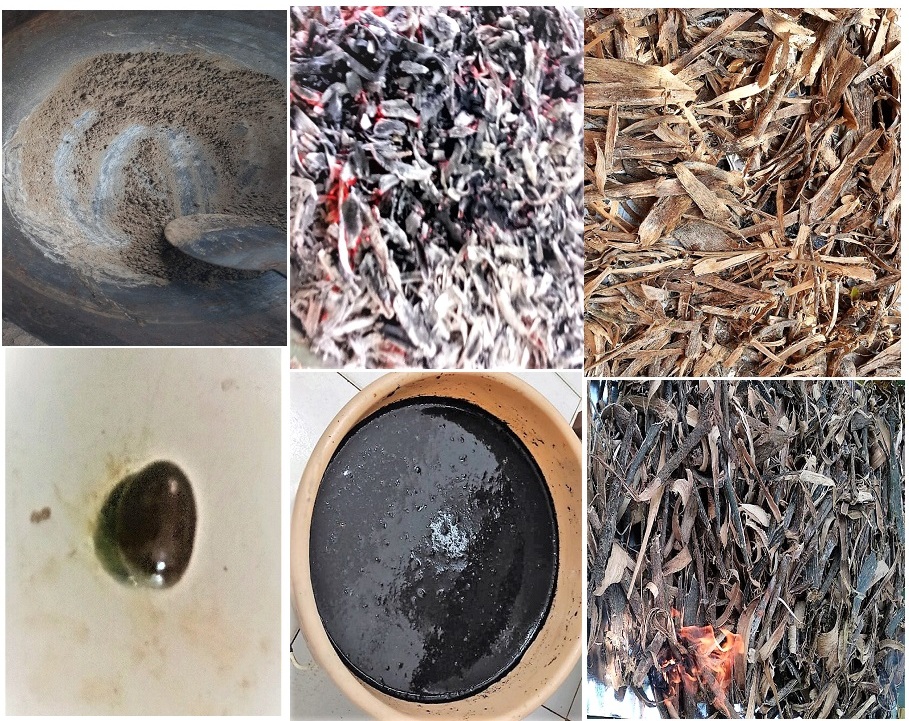Effect of Paribhadra Paneeyakshara in Mutraghata Caused by Benign Prostatic Hyperplasia- A Case Report
Abstract
Benign Prostatic Hyperplasia is a troublesome disease that bothers the population of ageing men by decreasing their quality of life. It is an abnormal growth involving the submucosal glands of prostate. The disease interferes with the normal daily activities and sleep pattern and hence is a matter of concern to the medical field. The symptoms of Benign Prostatic Hyperplasia closely coincide with the symptoms of Mutraghata (urinary obstruction) explained in Ayurveda. When taking the obstructive pathology into consideration, Paneeyakshara Prayoga (alkali for internal administration) is classically mentioned as a treatment option. This work is a case study on the effect of Paneeyakshara prepared out of Paribhadra (Erythrina indica) which is a drug possessing Vatakaphahara (alleviate Vata and Kapha Dosha) and Shophahara Karma (pacify inflammatory swellings) in Mutraghata caused by Benign Prostatic Hyperplasia. A 66-year-old male who presented with the signs and symptoms of Benign Prostatic Hyperplasia was administered with 500 mg of Paribhadra Paneeyakshara with 1 gram of Guda (jaggery), morning and evening, half an hour before food for a period of 45 days. Assessment was done before and after treatment based on the IPSS (International Prostate Symptom Score) of the American Urological Association and the Ultrasound abdomen findings. The post- interventional assessment showed a lowered IPS Score and reduced USG parameters indicating the efficacy of Paribhadra Paneeyakshara in reducing Mutraghata caused by Benign Prostatic Hyperplasia.
Downloads

Copyright (c) 2022 International Journal of Ayurveda and Pharma Research

This work is licensed under a Creative Commons Attribution-NonCommercial-ShareAlike 4.0 International License.






